News
Ireland’s Central Bank Found Gaps in Anti-Money Laundering Compliance Practices
Ireland’s Central bank has found that certain financial firms are lacking in regards to anti-mone...
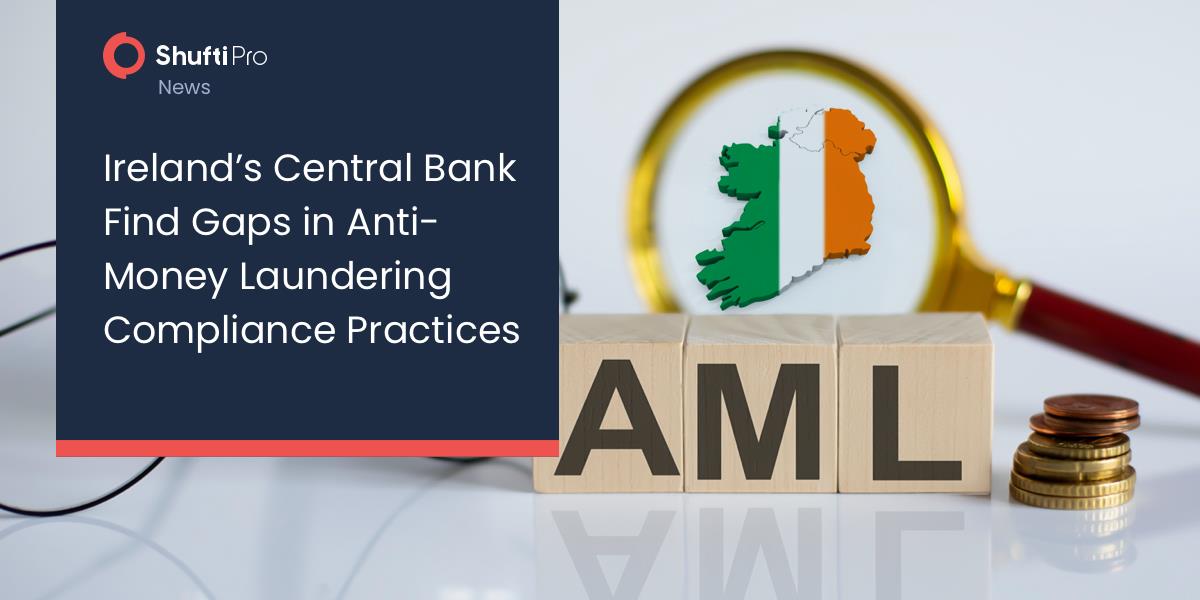 Explore More
Explore More
News
Property Brokers in New Zealand Given Official Warning over AML/CFT Compliance
An eighty-branch real estate agency in New Zealand, Property Brokers, has received their first fo...
 Explore More
Explore More
News
Switzerland Endorses Rigorous AML Measures
Switzerland has introduced new anti-money laundering regulations to bolster financial institutes&...
 Explore More
Explore More
News
Money Laundering Crackdown on UK Law Firms
The regulators at Solicitor Regulators Authority (SRA) asked 400 law firms earlier this year to p...
 Explore More
Explore More
News
Man Sentenced to 5 Years in Jail for Laundering $2.6M Through BTC ATMs
UK law enforcement authorities recently sentenced a 22-year-old man named Bazyli Rymarz to 5 year...
 Explore More
Explore More
News
Crypto Mixers, Helix and Coin Ninja, Fined by FinCEN for Bank Secrecy Act Violation
Larry Dean Harmon, founder of Helix and Coin Ninja, has been fined $60 million for being involved...
 Explore More
Explore More
News
“Crypto Should Be Regulated, Not Prohibited”, Says ECB Vice President
After his statement in May that declared cryptocurrencies as a risky investment, the Vice Preside...
 Explore More
Explore More
News
Namibia Enhances its National Crypto Strategy with New Legislation
Namibia raises the bar with new legislation in the National Crypto Strategy to combat crypto scam...
 Explore More
Explore More
News
OSCE – Eurasian Forum Combines to Counter Money Laundering and Terrorism Financing
The Organisation for Security and Co-operation in Europe (OSCE) supported the joint efforts with ...
 Explore More
Explore More
News
FSA Japan Considers Imposing Stricter Regulation on Cryptocurrency
The updated regulation will be designed to provide better protection to Japanese investors.
Accor...
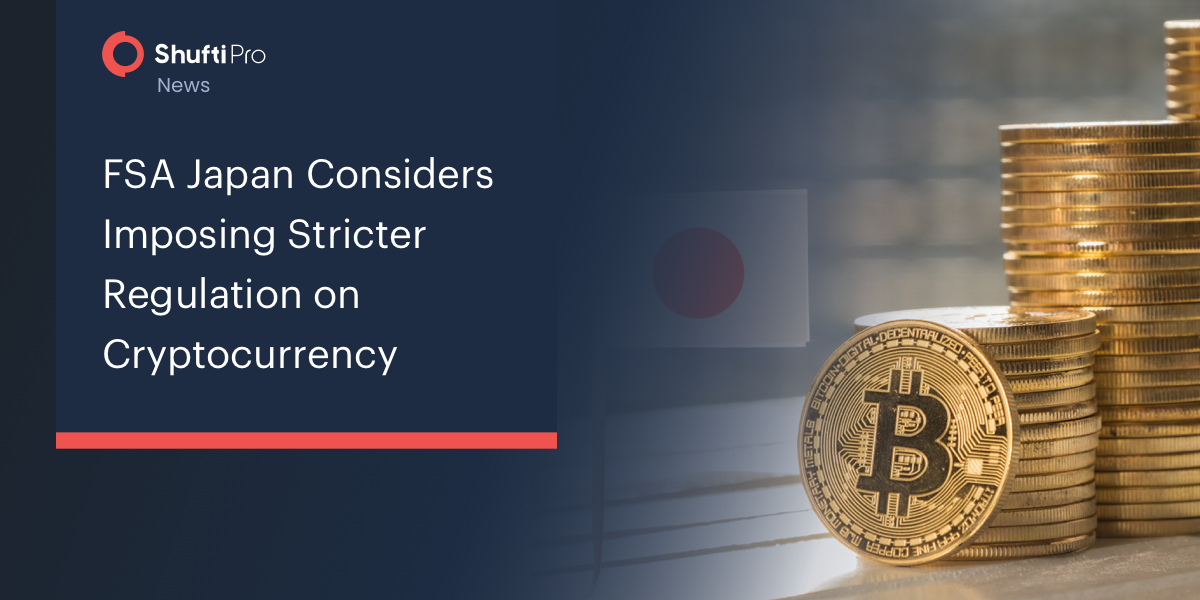 Explore More
Explore More
News
Australia, Singapore, Malaysia, and RSA Team Up for CBDC Trials
Central banking entities of Singapore, Australia, Malaysia, and South Africa agree on a mutual ag...
 Explore More
Explore More
News
UAE Confiscates Dh4.73 Bn Worth of Assets in Fight Against Financial Crimes
In the past 12 months, the United Arab Emirates has seized assets worth Dh4.73 billion ($1.29bn) ...
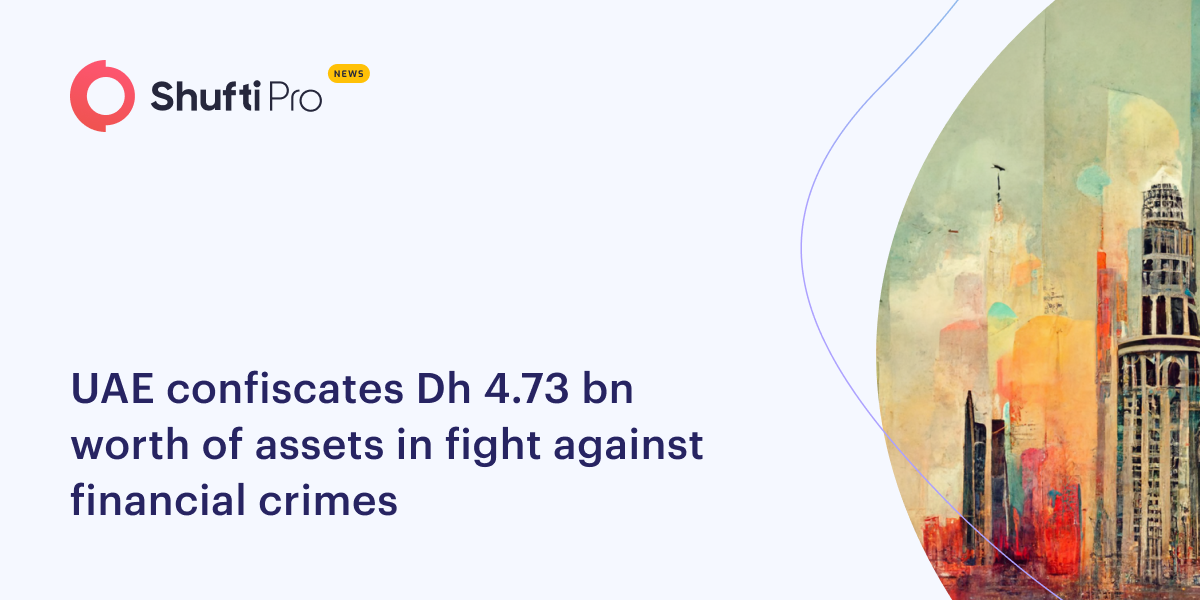 Explore More
Explore More
News
FCA Dismisses Temporary Permissions of 4 EU Firms Operating in the UK
UK’s Financial Conduct Authority (FCA) has called out EU firms operating in the UK to meet their ...
 Explore More
Explore More
News
Florida House Speaker Votes to Restrict Minors’ Access to Social Media Platforms Via Age Verification Checks
Florida House votes to mandate social media platforms to implement rigid age verification checks,...
 Explore More
Explore More
News
FATF Criticized Cash-Rich Germany Over Money Laundering Concerns
FATF dealt a blow to Germany’s reputation, which considered itself high regarding its reput...
 Explore More
Explore More
News
A Treasury Unit to Enforce New Anti-Money Laundering Laws in the US
A small bureau of the U.S Treasury Department will take a lead, over the next year, in filling ou...
 Explore More
Explore More
News
Money Laundering Investigation Leads to Seizure of Canberra Properties, Vehicles, and Cash
Assets worth over $10 million have been seized after an international investigation into money la...
 Explore More
Explore More
News
Another Step Taken by the EU to Harmonize AML Rules
The European Banking Authority has proposed new guidance for compliance officers. The attempt is ...
 Explore More
Explore More
News
AFM Fines Robeco €2 Million for AML Compliance Failure
The Netherlands’ financial regulator AFM has fined Robeco €2 million for failing to implement ade...
 Explore More
Explore More
News
Hong Kong Licenses Crypto Exchanges, Limiting Services to Professional Investors
Digital currency exchanges in Hong Kong will be obliged to apply for a license prior to offering ...
 Explore More
Explore More
News
Irish Businessmen lost More than €10 Million in Invoice Redirect Fraud
Sophisticated invoice redirect fraud in Ireland has resulted in the loss of €10 Million for busin...
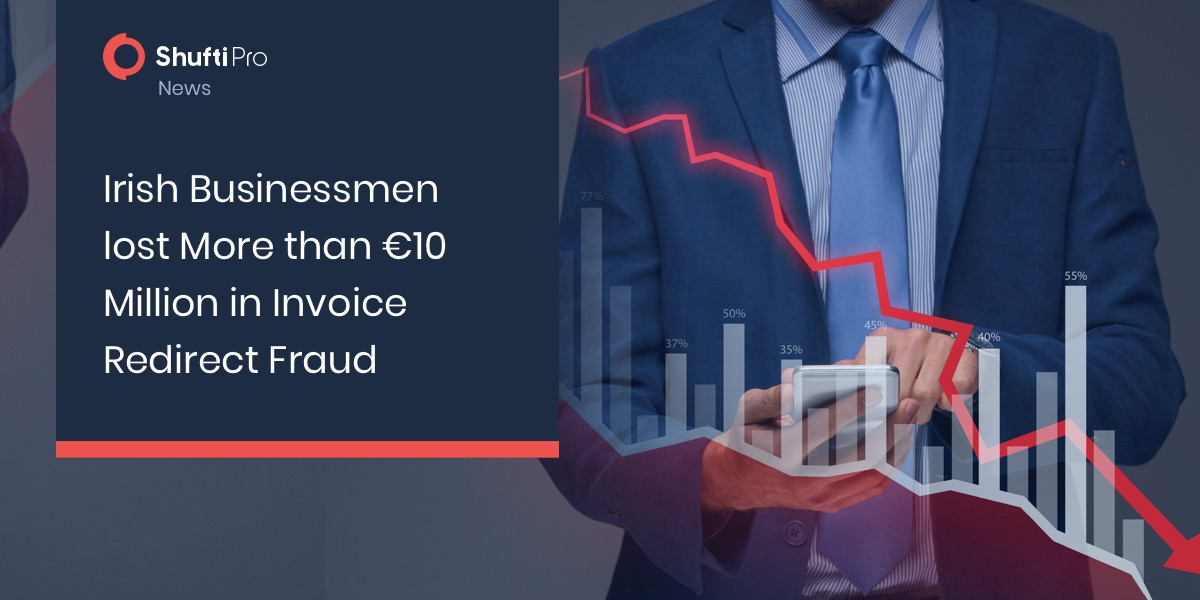 Explore More
Explore More
News
National Assembly Passes Revised AML Law and Thrift Practice Resolution
The National Assembly (NA) has passed the revised law on Money Laundering Prevention and Control ...
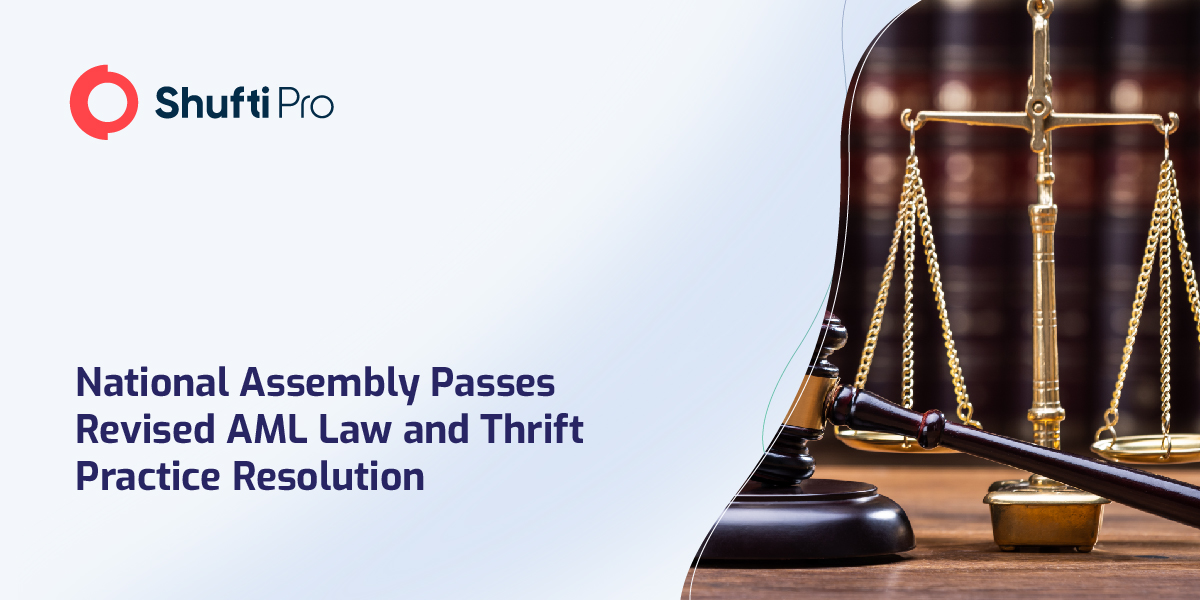 Explore More
Explore More
News
Pandora Papers Highlight ‘Gatekeepers’ of Black Money, says EU Financial Watchdog
The new report of MONEYVAL offers a diminishing rebuke across European governments that are unabl...
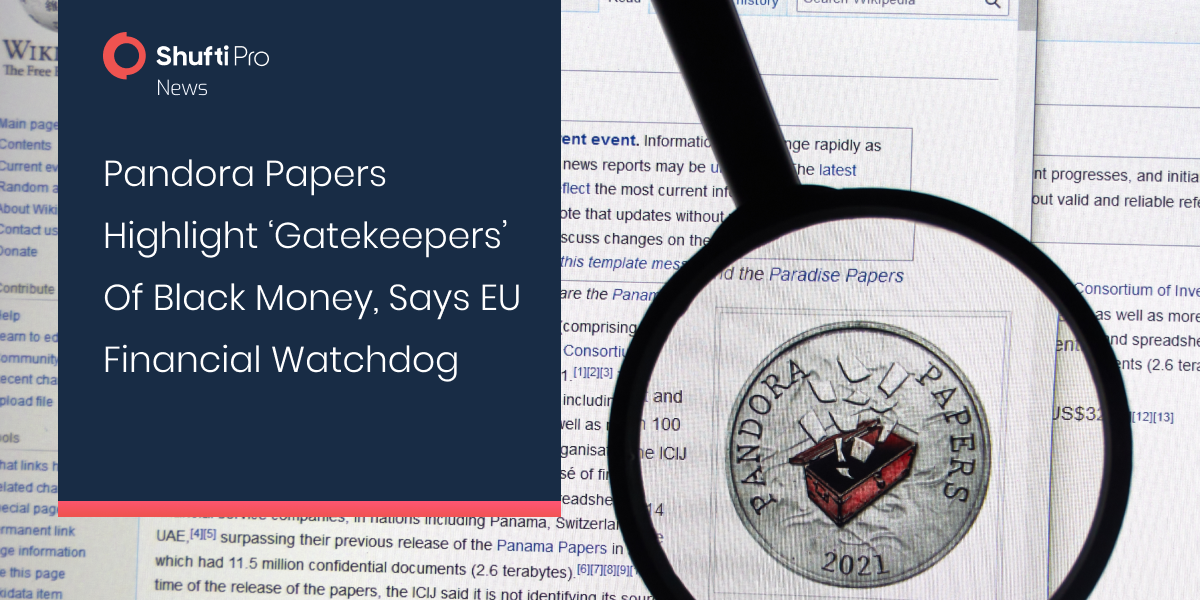 Explore More
Explore More
News
24 scammers arrested on money laundering charges
Government officials have arrested over 24 money laundering suspects due to an online fraud opera...
 Explore More
Explore More
News
“Crypto Should Be Regulated, Not Prohibited”, Says ECB Vice President
After his statement in May that declared cryptocurrencies as a risky investment, the Vice Preside...
 Explore More
Explore More
News
Canada to Establish Beneficial Ownership Registry to Fight Financial Crimes
The Candian Federal budget has brought good news for the supporters of anti-money laundering. The...
 Explore More
Explore More
News
FATF Issues New BO Requirements to Address Pandora Papers
While addressing the Pandora Papers, the Paris-based global financial watchdog, FATF, has issued ...
 Explore More
Explore More
News
Binance to Strengthen KYC Measures & Sanctions Enforcement with New Partnerships
The global crypto exchange Binance has announced that it will strengthen its KYC controls & s...
 Explore More
Explore More
News
Pinterest Enhances Age Verification Measures to Protect Users Under 16
Pinterest reveals a new series of security features to make its platforms secure for teens. These...
 Explore More
Explore More
News
Natwest Caps Transfer Limit to Binance Over Fraud Concerns
Natwest bank is scrutinizing cryptocurrency transactions, including Binance transactions, due to ...
 Explore More
Explore More
News
Bank of England fines Citigroup £44m Over Poor Financial Information
The Bank of England has fined the UK branch of the US bank, Citigroup, a record £44m because the ...
 Explore More
Explore More
News
Financial Watchdogs Flags Crypto Mixer Stoking as a Potential Risk For Money Laundering
Cryptocurrencies are highly criticized by financial watchdogs and governments for potential risk ...
 Explore More
Explore More
News
IPEC to Collaborate With FIU to Improve AML Framework
IPEC to collaborate with FIU to identify terrorist financing and money laundering risks that are ...
 Explore More
Explore More
News
German Authorities Shut Down ChipMixer on Suspicion of Laundering $2.9B Worth of Bitcoins
Law enforcement authorities bring down German-based server ChipMix alleged of laundering $2.9 bil...
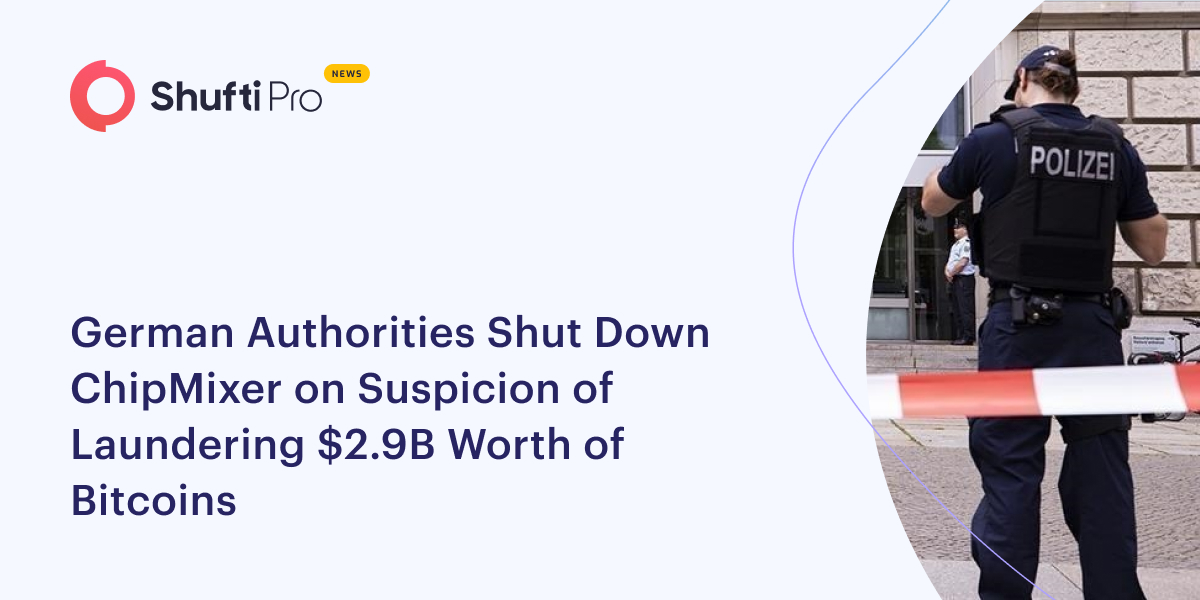 Explore More
Explore More
News
Austria- The Growing Hub of Cryptocurrency Approves 18 Operating License
Financial Supervisory Authority like FMA of Austria received requests from forty digital asset pr...
 Explore More
Explore More
News
New York man charged with trafficking credit card details
According to a federal indictment, Vitalii Antonenko, 28, was alleged in the U.S District Court f...
 Explore More
Explore More
News
Binance Expands Footprint in Europe as it Acquires License to Operate in Sweden
The Swedish financial supervisory authority (FSA) allowed Binance to operate in the country, whic...
 Explore More
Explore More
News
Regulatory Authorities to File a New Bill to Secure the Citizens from Cyber Criminal Activities
Senator Estrada filed a bill to protect senior citizens unfamiliar with modern technology from cy...
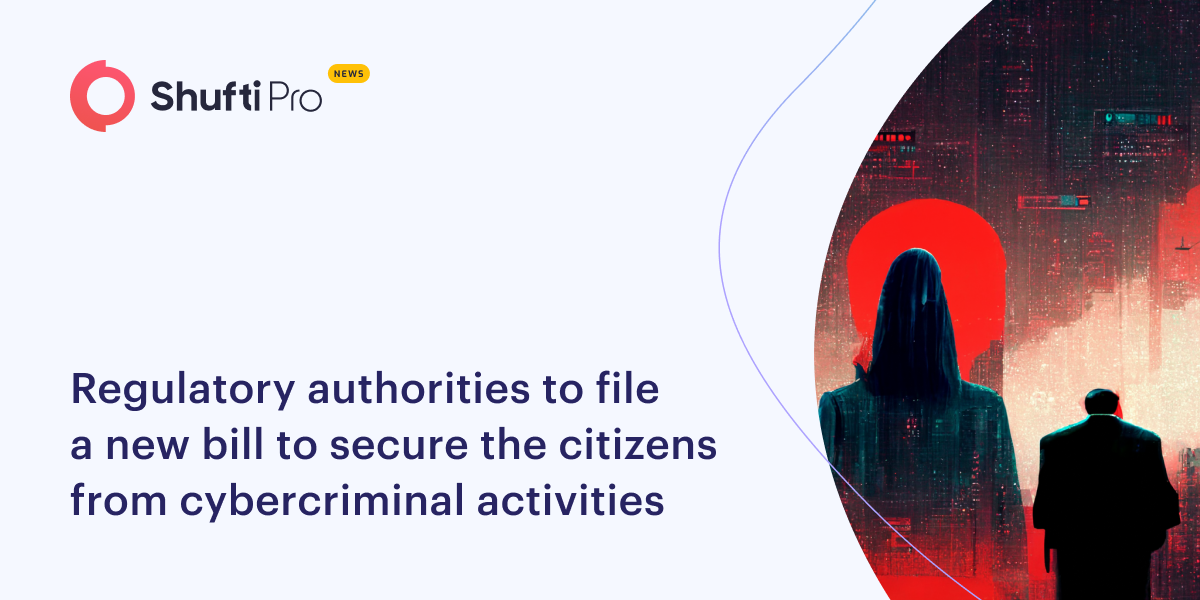 Explore More
Explore More
News
US Targets More Russian Yachts Linked to Putin as Part of Extended Sanctions
The Treasury Department has expanded its Russian sanctions to target Moscow’s access to yachts as...
 Explore More
Explore More
News
EUR 27 Million Worth Crypto Assets Seized by the NCA in Money Laundering Crackdown
NCA seizes crypto assets worth £27m last year in a major money laundering crackdown
Although inst...
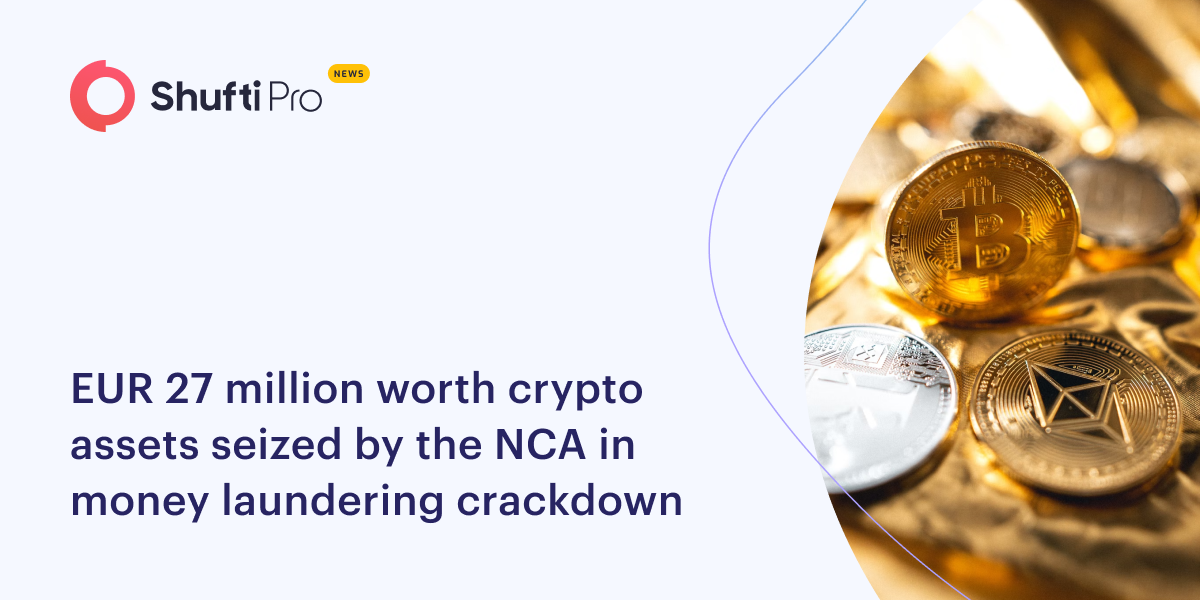 Explore More
Explore More
News
China’s Top Leaders Indicate the Further Tightening of Financial Regulations
Chinese leaders have indicated that the country will move to further strengthening of financial r...
 Explore More
Explore More
News
South Korea to Penalize the Non-Compliant Crypto Companies
Financial watchdogs in South Korea have announced regulations to prevent financial crimes in the ...
 Explore More
Explore More
News
UK Mandates Enhanced Due Diligence on High-Risk Jurisdiction
Authorities in the UK rolls our new regulatory measures to perform enhanced due diligence for hig...
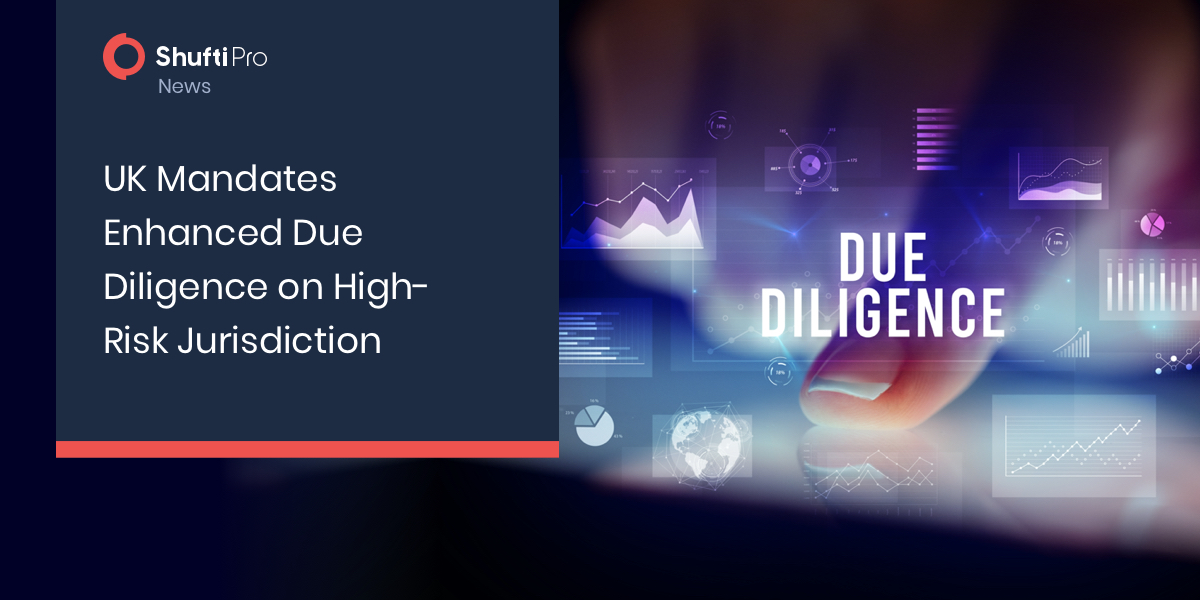 Explore More
Explore More
News
US Attorney General Warns about the Identity Theft this Holiday Season
The Federal Trade Commission states that more than 650,000 citizens’ identities have been comprom...
 Explore More
Explore More
News
DHS 19.5 Million Fine Imposed on UAE Banks for AML Failings
The Central Bank has imposed Dhs 19.5 million fine on UAE’s banks for shortcomings in the AML fra...
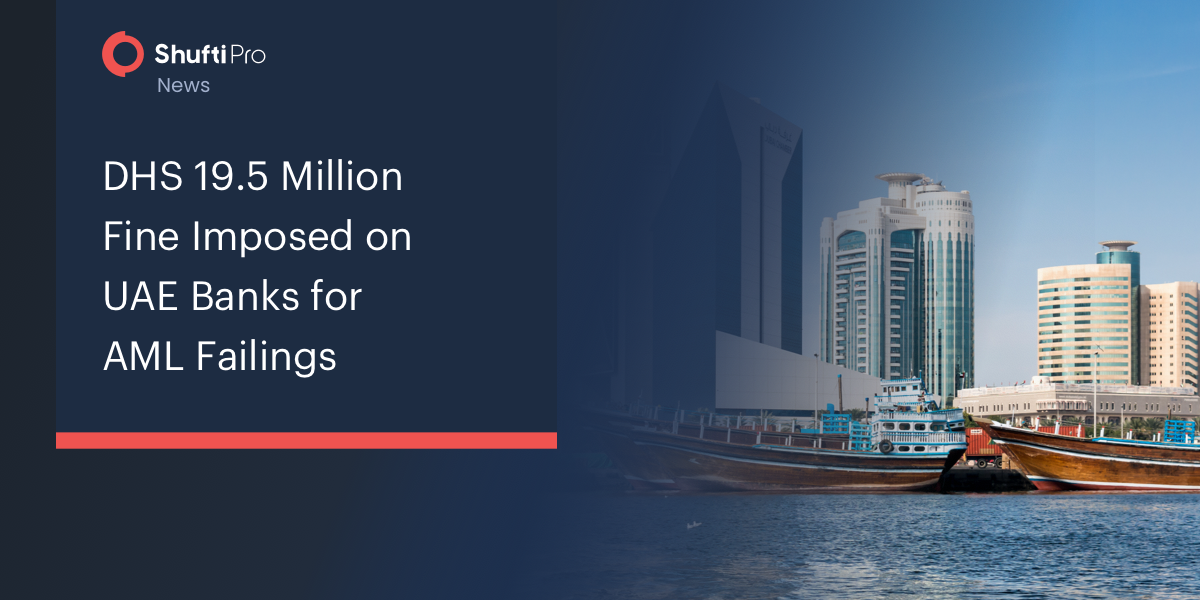 Explore More
Explore More
News
UK Launches New Crypto Asset Promotion Rules
The UK’s latest obligations on the promotions of the crypto service providers came into force thi...
 Explore More
Explore More
News
“Real Estate Is Critical To Money Laundering”, Says BSP
The Governor of BSP bank emphasized the urgent need for brokers to guard real estate against mone...
 Explore More
Explore More
News
£2 Million of Suspected Money Laundering Assets Seized by Royal Gibraltar Police
Following information from a Spanish law enforcement agency, the Royal Gibraltar Police have init...
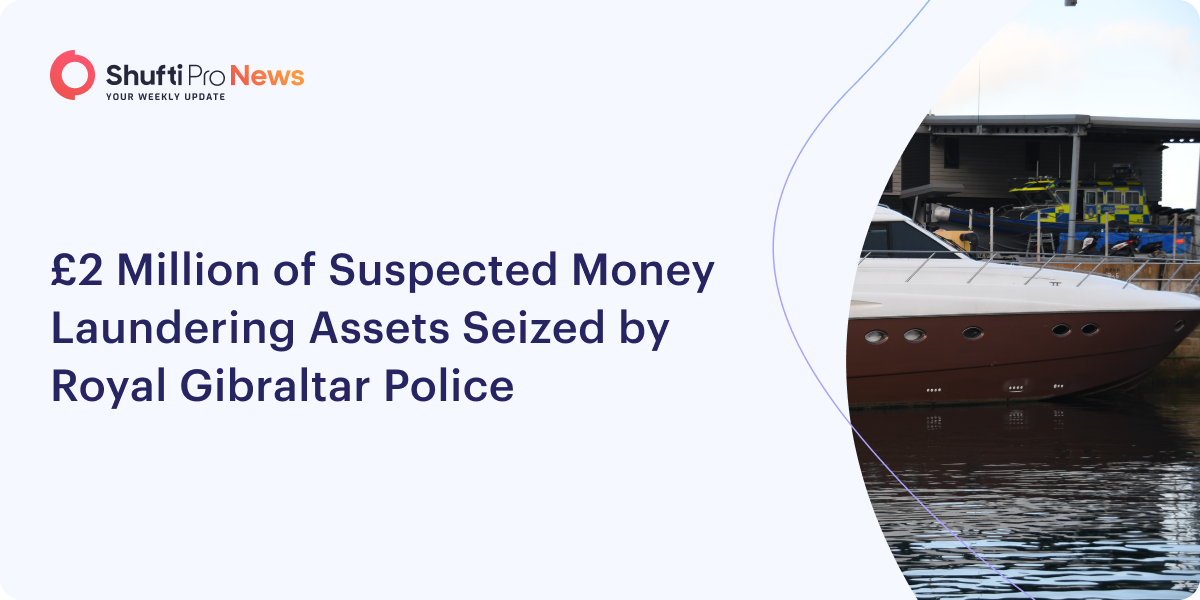 Explore More
Explore More
News
Malta Claps Back To Allegations Of “Lax Crypto Oversight”
A business unit within Malta’s Chamber of Commerce has shut down all accusations that state that ...
 Explore More
Explore More
News
Australian Government to Extend AML and CTF Regime
The Australian Government has initiated a consultation on revising the Anti-Money Laundering (AML...
 Explore More
Explore More
News
China’s Fight Against Rampant Telecom Scams – Cracked 5,94000 Cases in Just 15 Months
China has passed a law to prevent telecom and online scams, allowing enforcement agencies to foll...
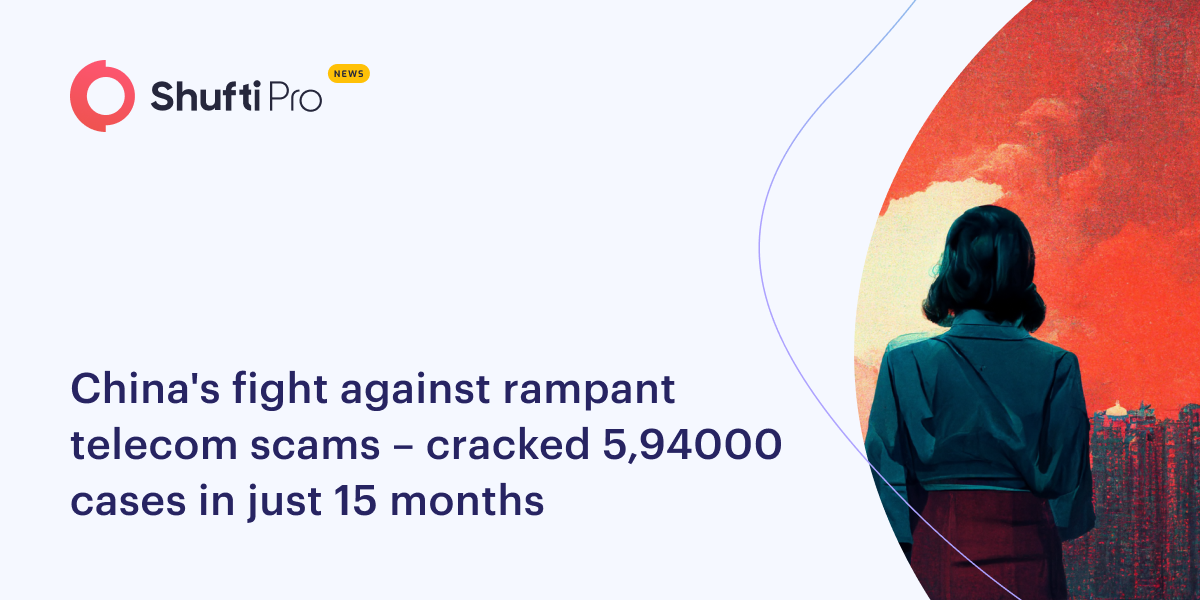 Explore More
Explore More
News
CBN Introduces New Anti-Money Laundering Rules for Microfinance Banks
The Central Bank of Nigeria has issued a guidance note that is aimed to prevent money laundering ...
 Explore More
Explore More
News
China’s Top Leaders Indicate the Further Tightening of Financial Regulations
Chinese leaders have indicated that the country will move to further strengthening of financial r...
 Explore More
Explore More
News
UAE Court Convicted 13 Indian Nationals and 7 Companies for Money Laundering Offenses
Thirteen Indian nationals and seven companies were charged with money laundering by the Abu Dhabi...
 Explore More
Explore More
News
FATF Upgrades Guidelines on Risk-Based Approach for VA/VASPs
FATF (Financial Action Task Force) is upgrading the regulations regarding the risk-based approach...
 Explore More
Explore More
News
US Authorities Impose Anti-Money Laundering Crackdown on Offshore Lenders
The US Financial Crimes Enforcement Network (FinCEN) threatened offshore lenders with Anti-Money ...
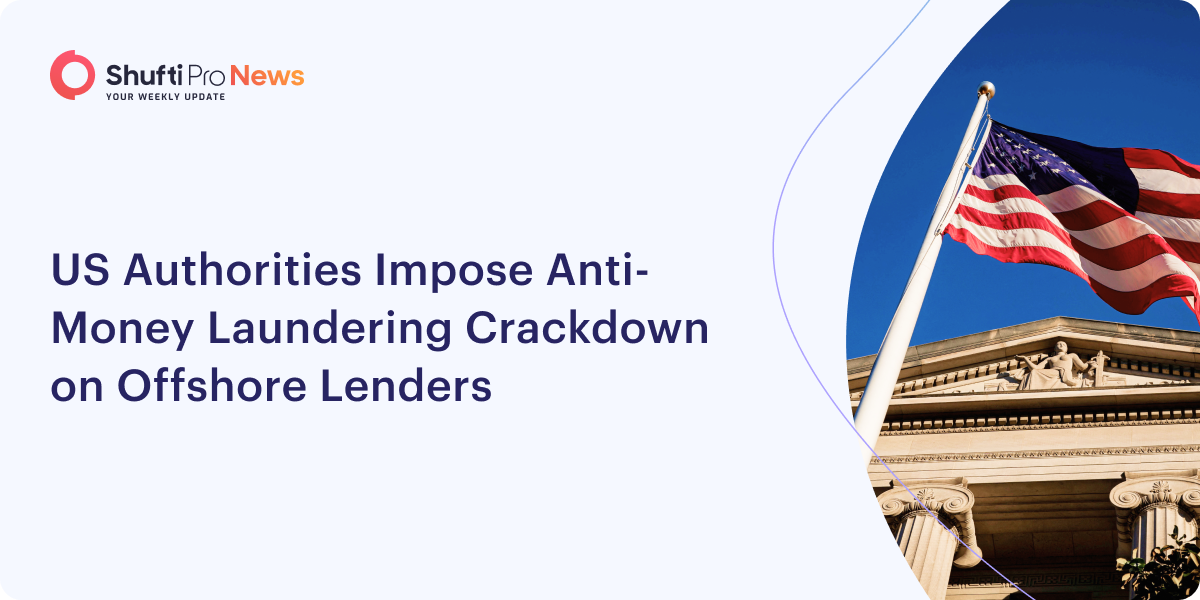 Explore More
Explore More
News
Nepal at Risk of ‘Graylisting’ for Allowing Money Laundering
Nepal could be added to FATF’s greylist as the global AML watchdog has found a number of deficie...
 Explore More
Explore More
News
Californian man apprehended in Moorpark ID theft case
A 37-year-old man in the Californian city of Bakersfield was arrested on Wednesday on suspicion o...
 Explore More
Explore More
News
Italian banking association ready to accept digital euro
The Italian Banking Association (ABI) has disclosed that it is willing to support the introductio...
 Explore More
Explore More
News
FinCEN Warns Banks of Potential Russian Sanctions Evasion
The Financial Crimes Enforcement Network (FinCEN) has warned banks of possible suspicious practic...
 Explore More
Explore More
News
Gibraltar financial watchdog issues warnings for four crypto sites
The Gibraltar Financial Services Commission, or GFSC, on June 5th, issued four public warnings to...
 Explore More
Explore More
News
Hong Kong further strengthens its Cryptocurrency regulations
Paul Chan, the Financial Secretary of Hong Kong, stated that the country was considering to stren...
 Explore More
Explore More
News
Facebook’s Libra is a Failure in its Current Form says Swiss President
According to the Swiss President, the controversial project by Facebook has ‘failed’ in its curre...
 Explore More
Explore More
News
FBI Springfield Warns of Growing Fraud Targetting the Elderly
The FBI has warned people of growing elderly fraud. As per the Internet Crime Complaint Center&#...
 Explore More
Explore More
News
China’s Central Bank Fines Zhongtian Securities $216k for AML Breaches
China’s Central bank has fined Zhongtian Securities Co. Ltd. 1.37 million yuan ($216,000) for AML...
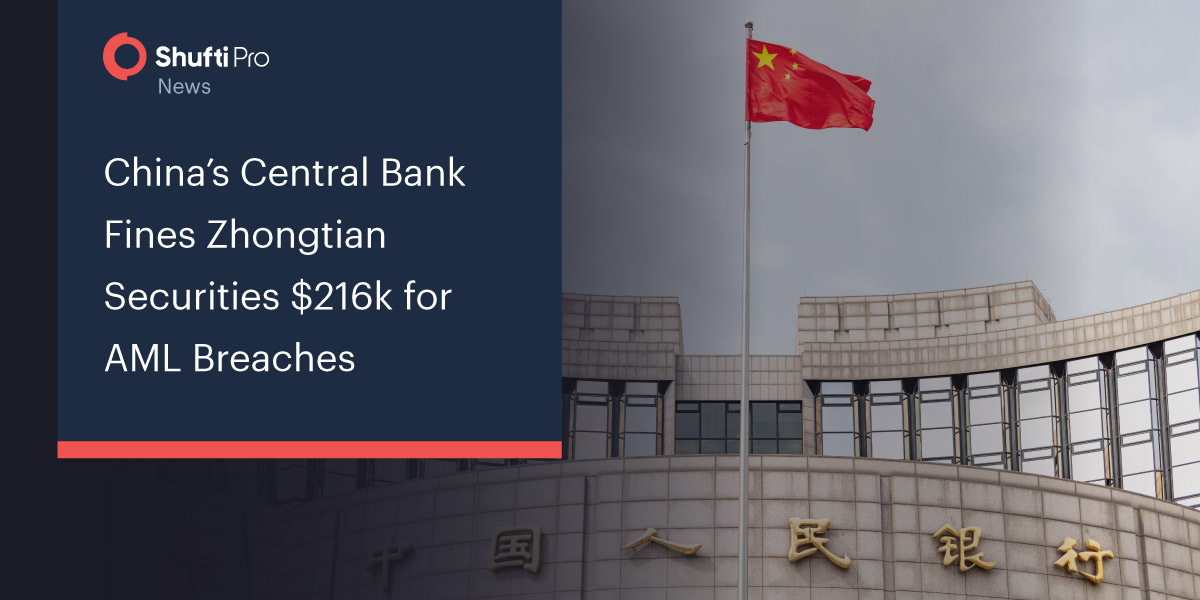 Explore More
Explore More
News
Cybercrime to Surge in Cryptocurrency Even in Post COVID-19 Economy
According to a report by Kaspersky Lab about cybersecurity and antivirus, in the post-COVID-19 wo...
 Explore More
Explore More
News
U.S. Takes the Lead in Combating Illegal Financial Activities Through Updated AML Timelines
The Biden Administration released a new fact sheet highlighting the administration’s progre...
 Explore More
Explore More
News
UAE Extends the Deadline for DNFBPs to Register for AML Regulations
The Ministry of Economy (MoE) in Abu Dhabi has announced the deadline extension for the registrat...
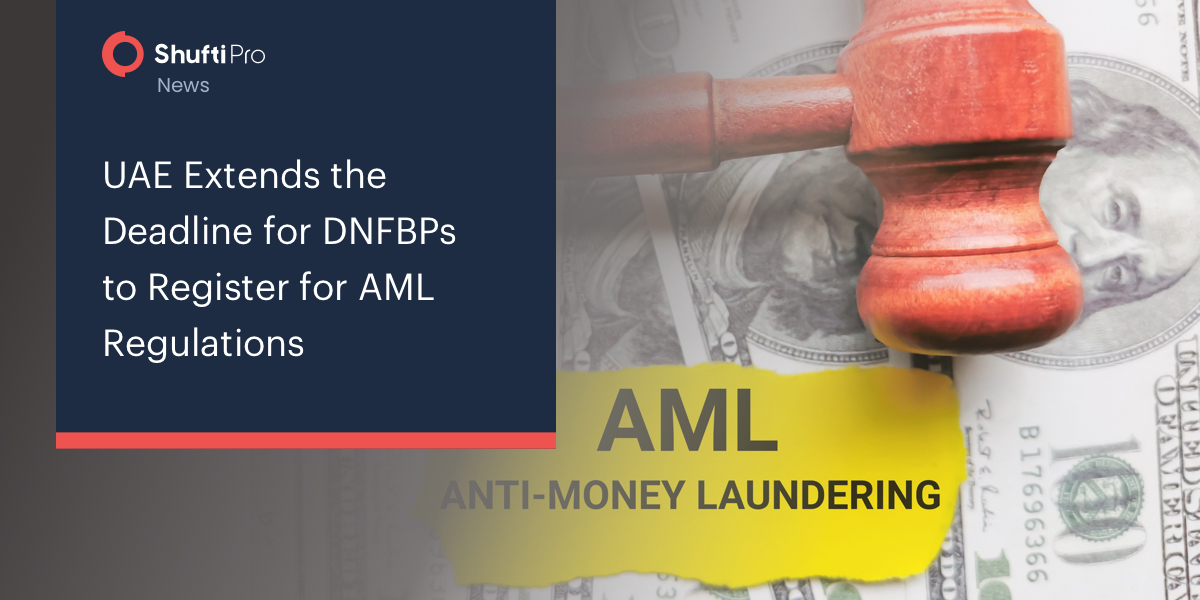 Explore More
Explore More
News
Department of Justice Charges Russian Oligarch with Violating US Sanctions
The Justice Department reportedly charged a Russian oligarch with violating US sanctions and reve...
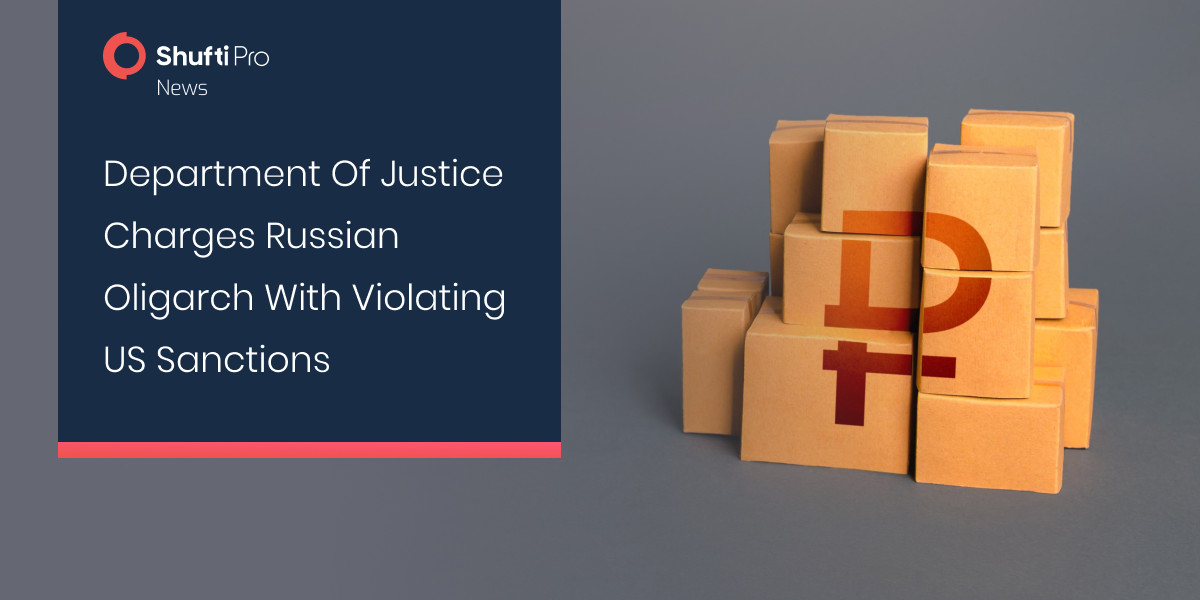 Explore More
Explore More
News
Europol Arrests 106 Suspects in Money Laundering, Online Fraud Case
The organised crime operation involved phishing scams and numerous business email compromise atta...
 Explore More
Explore More
News
Deutsche Bank AG Settles Money Laundering Probe Worth $7.1 Million
Deutsche Bank AG settled a money laundering case of $7.1 million over the probe by Frankfurt pros...
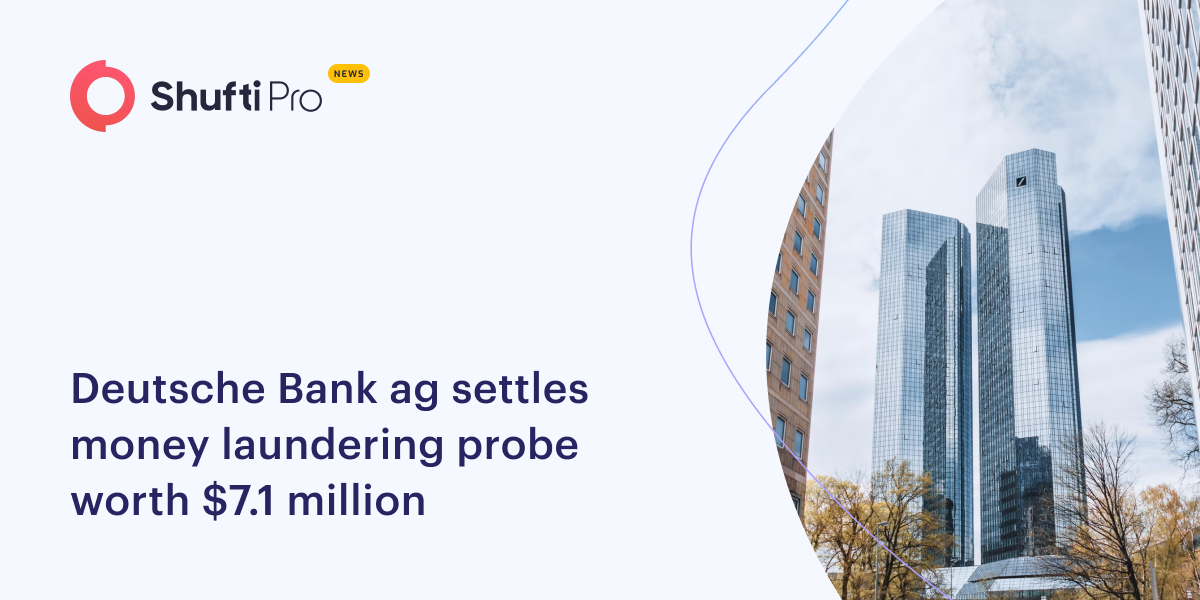 Explore More
Explore More
News
China Strengthens Anti-Money Laundering Rules for Financial Institutions
China has taken steps to improve financial institutions’ measures to combat money laundering by p...
 Explore More
Explore More










































































